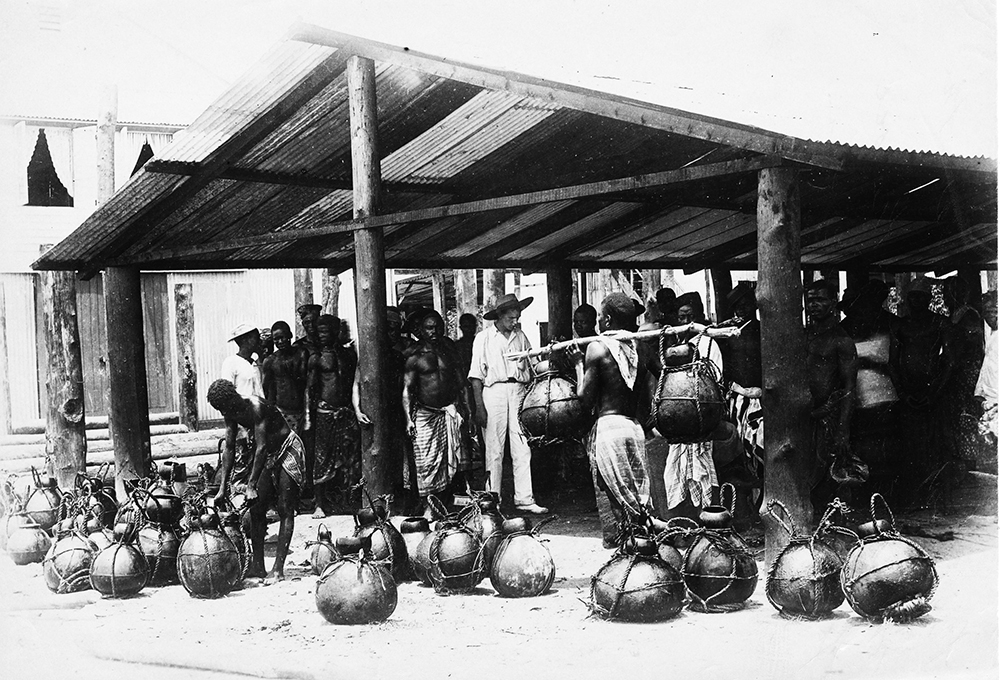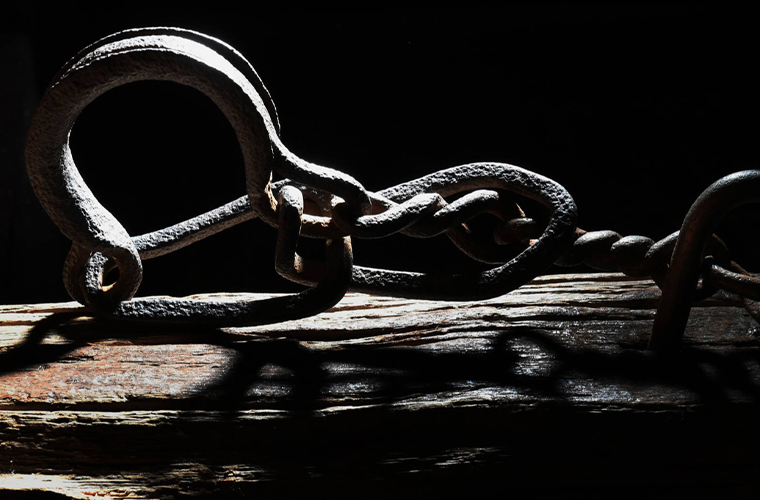The transatlantic slave trade was a complex and multi-faceted system that involved a wide range of individuals, groups, and institutions. While African chiefs did play a role in the trade, the extent and nature of their involvement is a matter of much debate among historians and scholars. Some scholars argue that African chiefs played a central role in the slave trade by capturing and selling other Africans to European slave traders. According to this view, African chiefs would engage in warfare with neighboring tribes and capture prisoners of war, who were then sold to European traders in exchange for firearms, textiles, and other goods.
Other scholars, however, point out that the involvement of African chiefs in the slave trade was often more limited than this. They argue that while some African chiefs did engage in the capture and sale of slaves, many others resisted the trade and worked to protect their communities from European slave raiders.

One factor that shaped the extent of African chiefs’ involvement in the slave trade was the degree of European influence and control over African societies. In areas where European powers had established strong trading relationships with African societies, they were often able to exert significant control over the slave trade and use local chiefs as intermediaries. In areas where European influence was more limited, African societies often had greater autonomy and were able to resist the slave trade more effectively. In some cases, African societies actively worked to undermine the slave trade by protecting escaped slaves and disrupting European trade networks.
Another factor that shaped African chiefs’ involvement in the slave trade was the economic and political context of their societies. In some cases, African chiefs saw the slave trade as an opportunity to gain wealth and power, while in other cases they viewed it as a threat to their communities and way of life.
Ultimately, the role of African chiefs in the transatlantic slave trade was shaped by a wide range of factors, including local political and economic conditions, European influence and control, and broader historical and social trends. While some African chiefs did play a significant role in the trade, it is important to recognize that they were not solely responsible for the horrors of the transatlantic slave trade, which was a complex and multi-faceted system that involved a wide range of actors and institutions.

